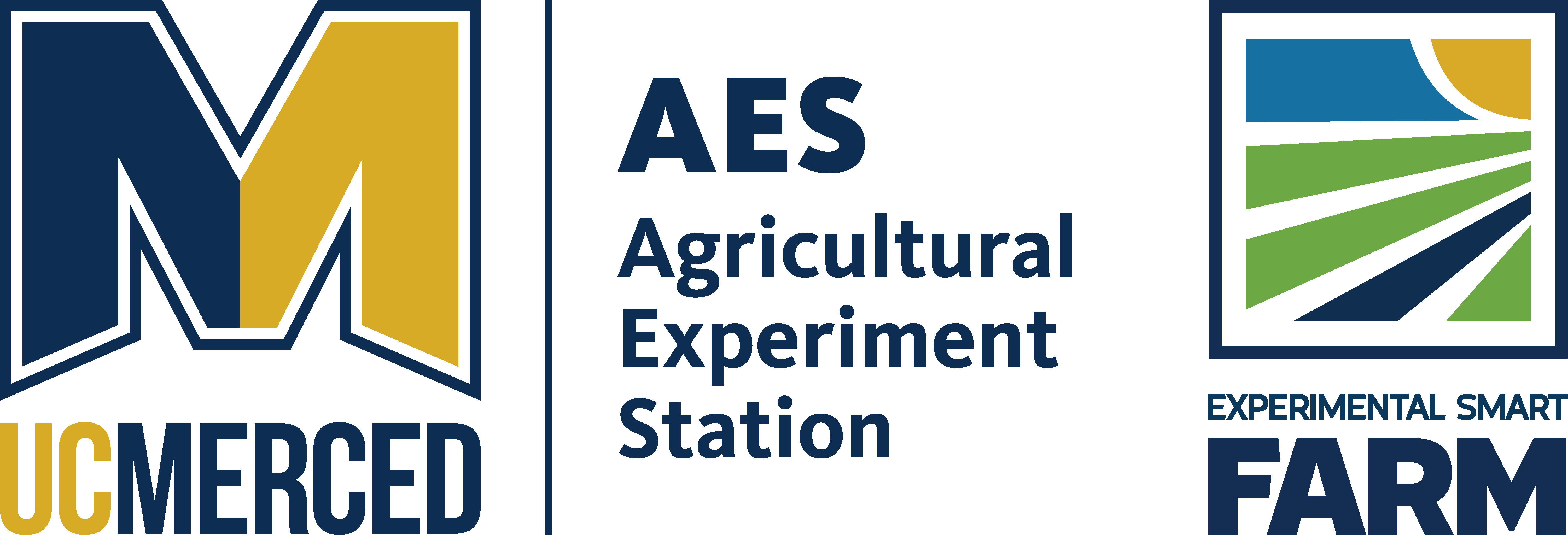We are committed to fostering interdisciplinary research, providing educational opportunities, and extending the benefits of innovation to communities through inclusive innovation.
Projects
Sensors
Researcher: Humberto Flores-Landeros
Humberto Flores-Landeros is working on a project to understand how soil affects the environment. Humberto and a team of researchers have made special tools called CO2bies to measure something called soil CO2 efflux, which is how much carbon dioxide comes out of the soil. This is important because carbon dioxide is a greenhouse gas that contributes to climate change. By studying factors like soil moisture, temperature, and texture, they are learning how these elements affect the amount of carbon dioxide released.
However, Humberto’s work does not stop there. He is also looking at how this research can help farmers in the Valley. He is studying how groundwater recharge could potentially be implemented at the UC Merced Farm. Humberto hopes that by doing experiments, he can figure out how valuable this process is and find better ways for farmers to use it.

CO2bie
Researcher: Lorenzo Booth
Lorenzo Booth’s project focuses on developing robots capable of generating detailed maps of natural resources found on farms. These maps are constructed using data gathered from unmanned aerial vehicles (UAVs) and satellites, serving various purposes ranging from forestry and agriculture management to pollution surveillance and national security.
Traditionally, creating accurate maps requires ground-level observations to validate what is seen from remote sensors—a process known as “ground truthing.” However, this task is often made difficult by the challenges and the time-consuming nature of collecting samples manually.
To address this challenge, Lorenzo is focusing on crafting algorithms that empower mobile robots to autonomously collect samples in strategic locations. By identifying areas where ground-level data collection would enhance the accuracy of environmental models, Lorenzo’s robots aim to streamline the mapping process, offering a more efficient and comprehensive understanding of the landscape.
AgTech


Researcher: Adam Weingram, Darren Ng, and Xiaoyi Lu
The goal of the ESFSim project is to build a platform to enable scalable distributed digital twins for agriculture. This platform, informed by real-world data collected from the UC Merced Experimental Smart Farm (ESF) and enabled by cutting-edge computing technologies, will allow researchers to more quickly run experiments and empower growers through better insights by making digital twin technology and its benefits (e.g. fine-grained and accurate forecasting, rich visualizations) more accessible. Ultimately, ESFSim aims to enable experimentation with new kinds of sustainable farming practices, making it easier for growers worldwide to make informed decisions that boost productivity and environmental health.
This involves regular multispectral flights over crop fields to support operations as well as periodic comprehensive flights with RGB, multispectral, and LiDAR sensors to help document the early stages and growth of the ESF and for building a digital twin. He has also taken high-precision GNSS data mapping out every irrigation point on the farm.
Reserve Your Spot
Farm Curious Tour
This tour offers a unique opportunity to explore cutting-edge agricultural innovations, including precision farming technologies, water management solutions, and climate-resilient farming practices. Whether you’re a student, researcher, industry professional, or community member, this experience will provide valuable insights into the future of sustainable agriculture!
Research Space Request
Want to conduct research within our Smart Farm?
No problem, we’ve got you covered!

